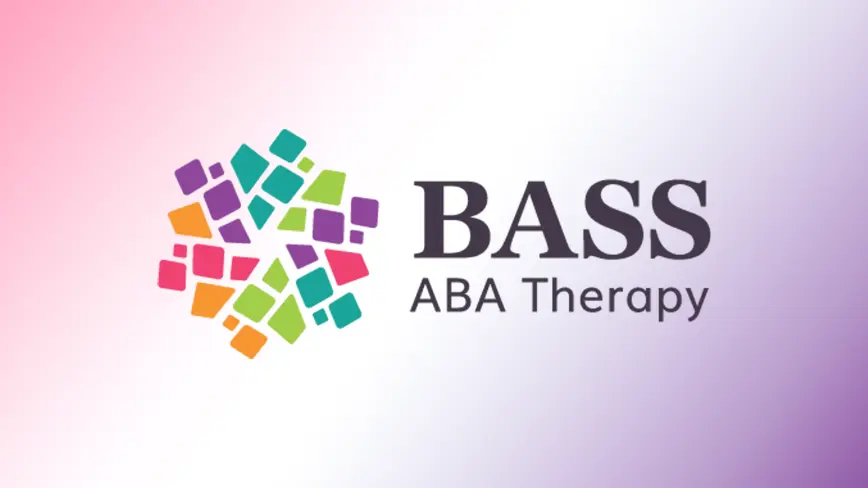Applied Behavior Analysis (ABA) is a highly effective approach to teaching skills and reducing behaviors that impact an individual’s quality of life. However, the quality of ABA providers can vary significantly. Many clients, families, and ABA professionals struggle to identify which providers adhere to the highest ethical, evidence-based care standards. This is where the Behavioral Health Center of Excellence (BHCOE) accreditation comes into play.
What is BHCOE Accreditation?
BHCOE, a division of Jade Health, is an accrediting body that offers accreditation to ABA organizations that demonstrate high-quality, effective, and ethical services. BHCOE accreditation requires a rigorous and comprehensive evaluation to ensure the ABA practice meets the BHCOE Accreditation Standards. The BHCOE developed these standards based on best practices, peer-reviewed research, federal and state laws, and feedback from subject matter experts and stakeholders. The accreditation process takes a significant amount of time and commitment to complete. However, for many organizations, the benefits to clients, staff, and the organization as a whole are well worth the effort.
What Standards Does the BHCOE Evaluate?
The Behavioral Health Center of Excellence evaluates dozens of standards across 11 domains. These standards encompass everything from clinical care to staff training, compliance, and documentation.
The 11 domains of a BHCOE accreditation evaluation include:
-
- Ethics, Integrity, and Professionalism
-
- Diversity, Equity, and Inclusion
-
- General Requirements and Liability
-
- Hiring, Training, and Retention
-
- Patient Intake
-
- Service Delivery
-
- Clinical Documentation
-
- Collaboration and Coordination of Care
-
- Health, Safety, and Emergency Preparedness
-
- Media, Communication, and Representation
-
- Security, Privacy, and Compliance
What Types of Organizations Does the BHCOE Accredit?
The BHCOE offers accreditation to ABA organizations of all sizes. They offer the following types of accreditations:
-
- Full accreditation for ABA providers that actively provide client care.
-
- Training site accreditation for organizations that offer supervised fieldwork to aspiring behavior analysts.
-
- Telehealth accreditation for organizations that deliver telehealth services.
-
- School accreditation for school-based ABA programs.

What are the Benefits of BHCOE Accreditation for ABA Practices?
Earning BHCOE accreditation signifies a commitment to exceptional care and adherence to best practices in ABA. Obtaining accreditation may offer many benefits, including the following.
- Gain a competitive edge–By demonstrating a commitment to quality and ethical care, ABA practices set themselves apart from competitors in their area. This recognition increases the likelihood of attracting clients and staff.
- Enhance service delivery–Third-party expert reviewers help ABA practices identify areas for improvement to enhance the quality of care they provide.
- Reduce liability–Earning BHCOE accreditation reduces the risks that an organization will face allegations of professional misconduct, HIPAA violations, and other liability issues. The comprehensive accreditation process ensures systems are ethical and fair, providing the organization with safeguards against potential legal challenges.
- Improve compliance with funders–The BHCOE requires strict adherence to standards that many funders also hold, such as stringent clinical documentation. Additionally, some funders require organizations to be accredited.
- Increase revenue–Accreditation can help organizations reduce reimbursement denials and delays and offer leverage for negotiating higher reimbursement rates.
- Enhanced operational efficiency–The accreditation process highlights many areas for organizations to improve administrative and clinical operations, leading to more efficient service delivery.
- Increase staff retention–Per the BHCOE survey data, accredited organizations have 5.1% lower turnover for RBTs, 8.5% lower turnover for Clinical Directors, and 12.5% lower turnover for BCBAs and supervisors.
- Increase trust and credibility–BHCOE accreditation offers ABA practices credibility within their community, fostering trust and assuring families that their loved one will be in good hands.

What are the Benefits of BHCOE Accreditation for Clients and Families?
- Improved quality of care–Accreditation requires ABA practices to provide the highest quality care. If quality is lacking, the accreditation process prompts organizations to make modifications to enhance it.
- Increased satisfaction–With lower turnover and higher quality of care, BHCOE-accredited organizations are more likely to have satisfied clients, families, and stakeholders.
- Enhanced client outcomes—By stringently ensuring quality across numerous measures, BHCOE-accredited organizations can improve clinical outcomes for the learners they serve.
Posted in Clinical, Practice Management
You may also like...
Related information and stories
Enhance ABA Therapy Outcomes with Practice Management and Clinical Data Collection
In the fast-paced Applied behavior analysis (ABA) field, professionals know firsthand the importance of efficiency. High-quality client care depends on streamlined workflows that reduce time and allow for an enhanced…
Continue ReadingEnhancing ABA Staff Training – Streamlining Compliance through Assigned Programs
In the field of Applied Behavior Analysis (ABA), staff training plays a pivotal role in ensuring the success of behavioral interventions and the positive development of individuals with diverse needs.…
Continue ReadingEnsure Audit-Readiness with Robust Clinical Documentation
There you are, minding your own business, providing stellar services to a crew of clients, when out of nowhere – bam – audit. It’s enough to strike fear into the…
Continue Reading






